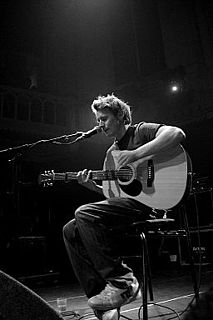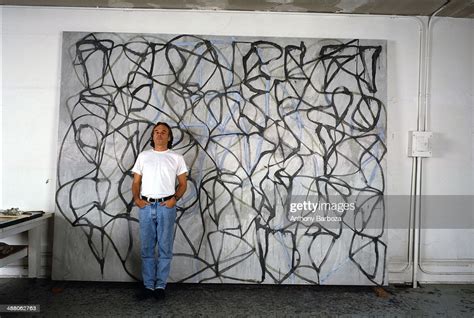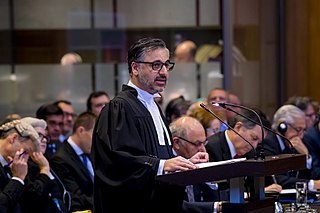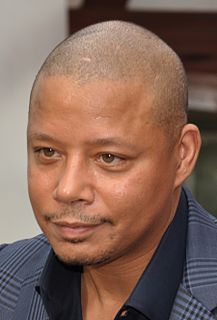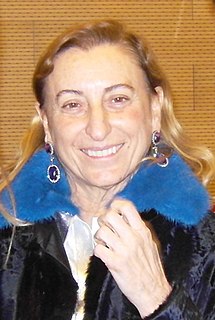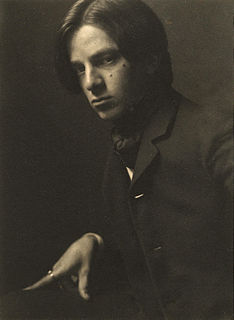A Quote by Henri Cartier-Bresson
It seems dangerous to be a portrait artist who does commissions for clients because everyone wants to be flattered, so they pose in such a way that there's nothing left of truth.
Related Quotes
Nobody makes art for an elite, not if they're a real artist. You try and reach as many people as possible with whatever it is that you make. If a chef is making an omelette, he wants everyone to think that it tastes great because he did it. And if it does, then that's a success because everyone eats it.
Remember that an artist's life is an intense search for truth. This search takes many forms. Everyone of these forms demands its own disciplines. I learned and adapted to my search. I expect nothing from you. Question the truth of anything you confront. How does it apply to yourself and the trail you are pursuing?
Criminal trials are fundamentally about individual accountability whereas truth commissions are less about the guilt of the perpetrator and more about the suffering of the victim. A criminal trial is only incidentally a therapeutic or cathartic process for victims. But truth commissions, as we saw in South Africa, have the advantage of giving tens of thousands of people the opportunity to tell their stories, and not only does that contribute to healing but it also contributes to reconciliation, especially when perpetrators also come and express contrition.
We might adapt for the artist the joke about there being nothing more dangerous than instruments of war in the hands of generals. In the same way, there is nothing more dangerous than justice in the hands of judges, and a paint brush in the hands of a painter! Just think of the danger to society! But today we haven't the heart to expel the painters and poets because we no longer admit to ourselves that there is any danger in keeping them in our midst.
Society takes what it wants. The artist himself does not count, because there is no actual existence for the work of art. The work of art is always based on the two poles of the onlooker and the maker, and the spark that comes from the bipolar action gives birth to something - like electricity. But the onlooker has the last word, and it is always posterity that makes the masterpiece. The artist should not concern himself with this, because it has nothing to do with him.
The lawyers have escaped most criticism [and undeservedly so]. The tax shelters [were approved by lawyers, who got paid huge commissions to do so] and every miscreant had a high-falutin' lawyer at his side. Why don't more law firms vote with their feet and not take clients who have signs on them that say, "I'm a skunk and will be hard to handle?" I've noticed that firms that avoid trouble over long periods of time have an institutional process that tunes bad clients out. Boy, if I were running a law firm, I'd want a system like that because a lot of firms have a lot of bad clients.

